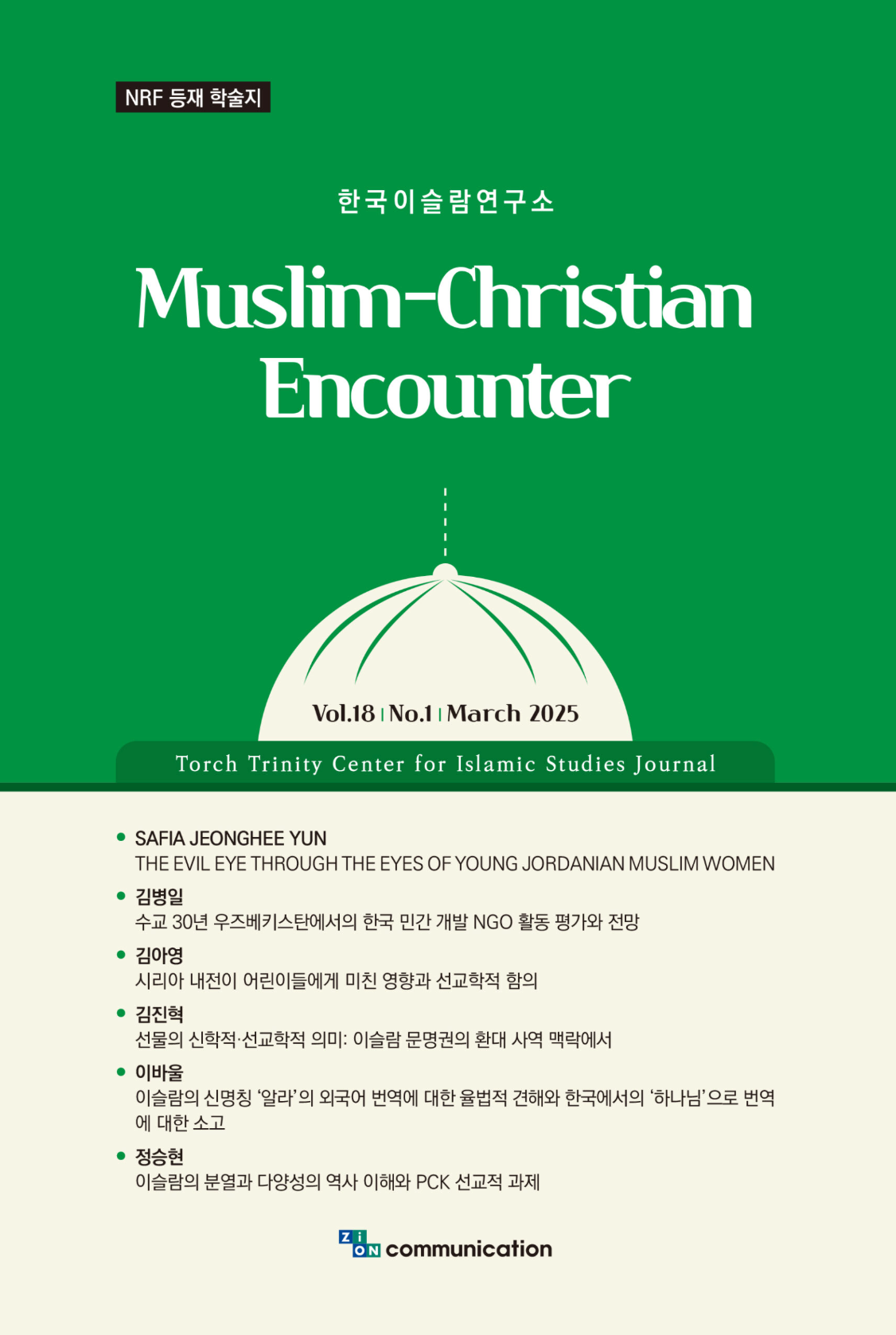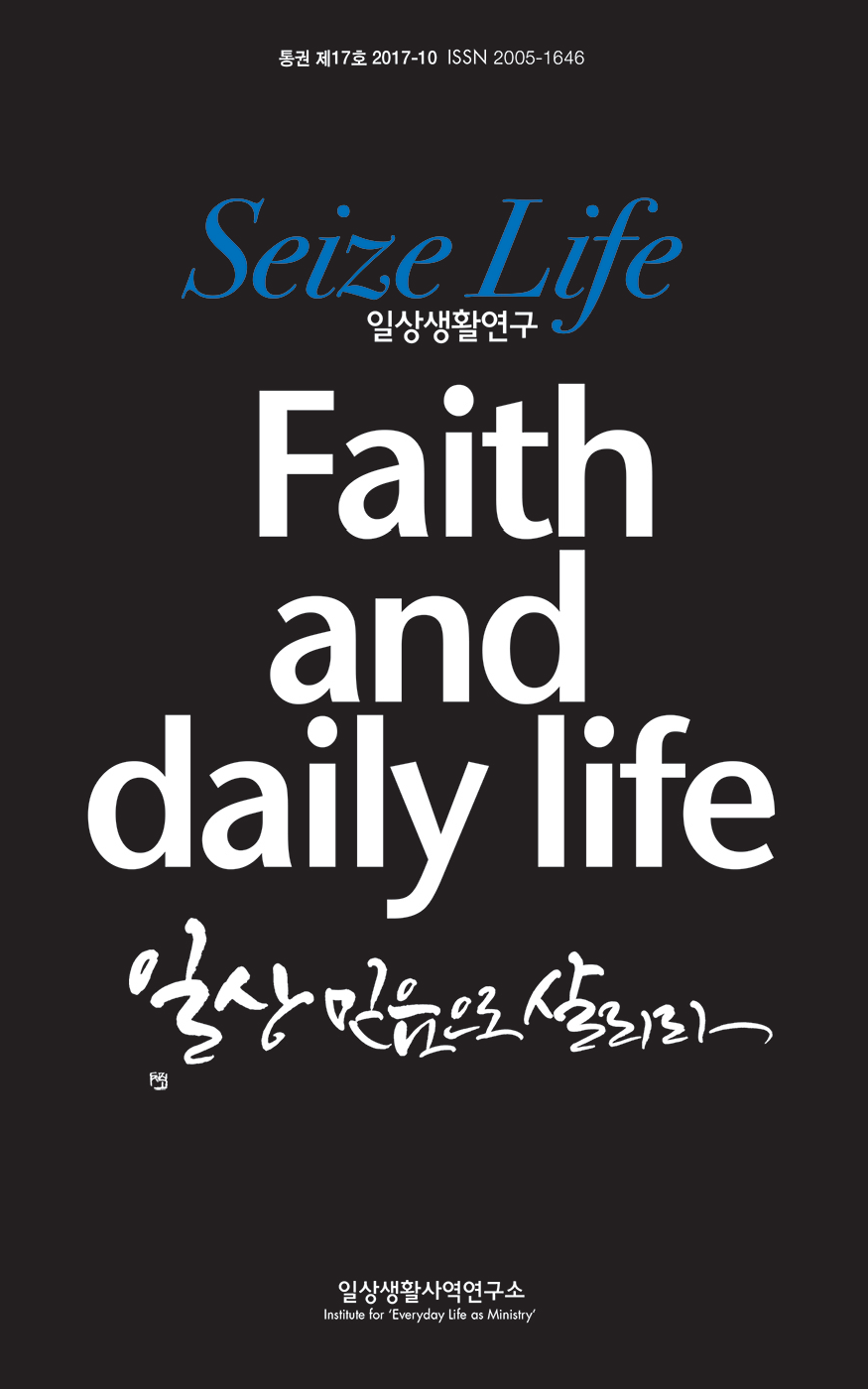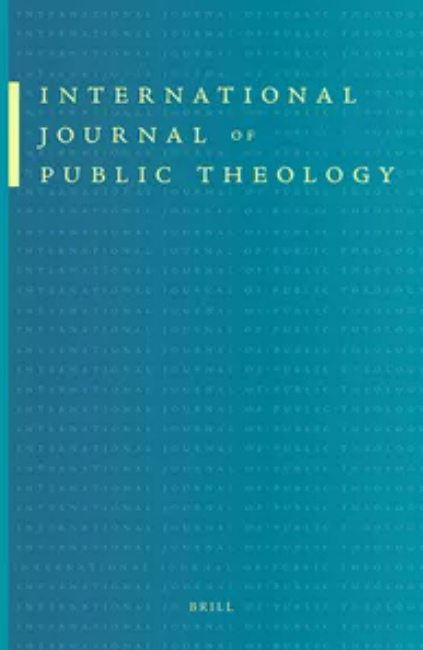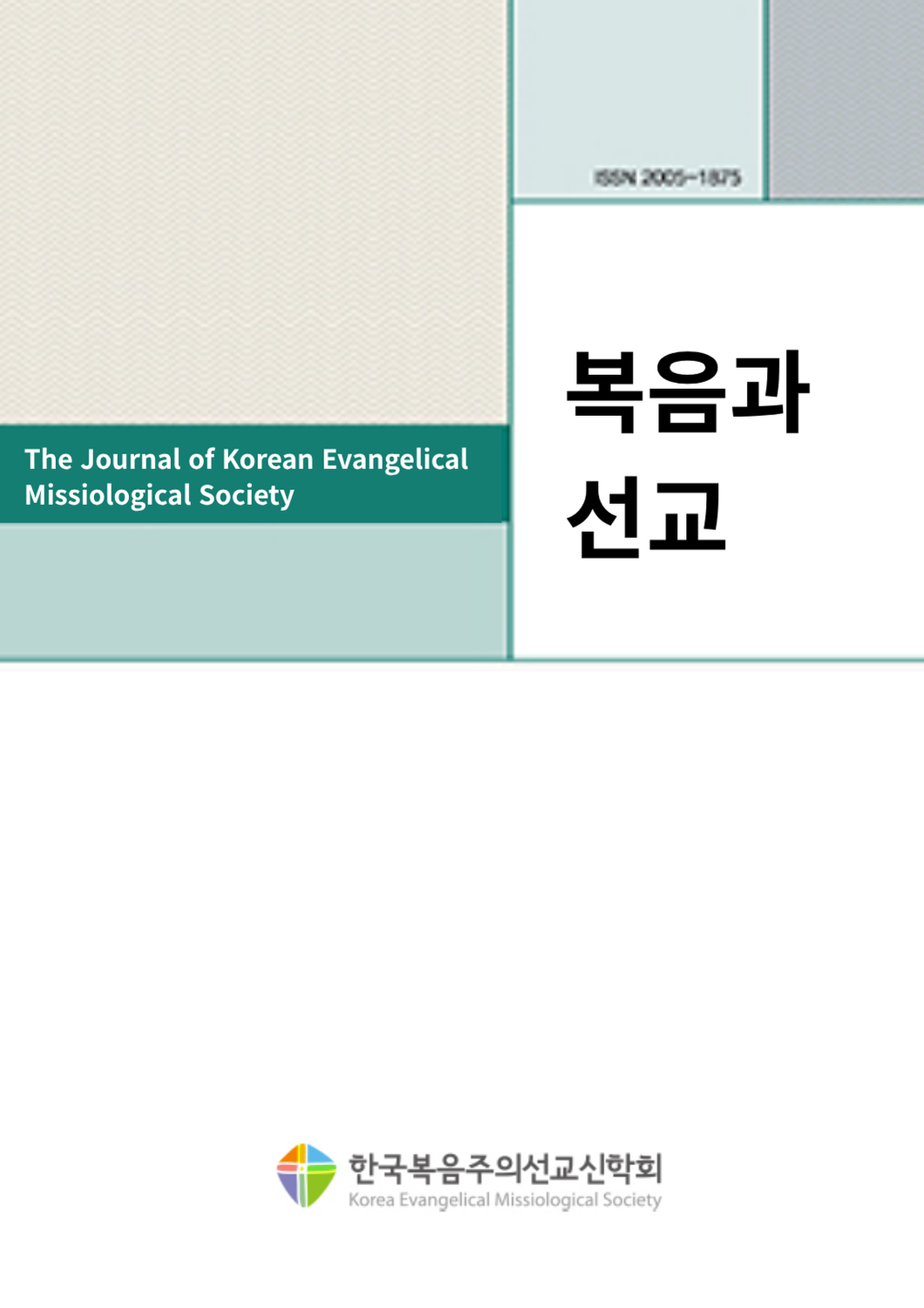https://doi.org/10.30532/mce.2025.18.1.147
환대는 오늘날 선교학과 선교 현장에서 자주 거론되는 중요 주제이다. 이슬람 문화권에서 활동하는 선교사들은 그 지역의 선물 문화를배경으로 환대의 사역을 하다 보니 여러 도전을 받게 된다. 상대의 호의에 답례를 꼭 해야 한다는 압박감을 받기도 하고, 선물의 적절한 수준이 그 지역의 문화적 직감에 따라 결정되기도 하며, 한정된 자원으로계속 베풀다가 경제적 부담에 시달리기도 한다. 본 논문은 이슬람 문화에서 환대의 사역을 위한 선물 교환의 지혜를 얻기 위한 기초 작업으로 그리스도교의 선물 이해를 삼위일체론적으로 제시하고자 한다. 성부의 창조는 삼라만상을 하나님의 선물로 인식하게 하며, 성자의 성육신은 하나님 자신이 우리의 선물임을 계시한다. 부활한 예수께서 선물하신 성령은 이기적인 인간이 타인의 유익을 위해 선물을 베풀게 돕고, 교회 공동체를 통해 선물 교환을 촉진하신다. 하나님 형상으로서 인간은 하나님께서 베푸시는 선물의 의미를 이해하고, 타자와의 관계 속에서 이를 반영할 가능성을 지니고 있다. 이는 우리도 성령 안에서 하나님의 선물 수여에 따라 조건 없이 타인의 유익을 위한 선물을 주는 방식으로 상상력과 실천을 재구성할 수 있음을 의미한다. 이러한 그리스도교적 선물 이해는 이슬람 문화권에서 선물 교환의 문제로 다양한 도전을 받는 선교사들에게 선물의 본질과 교환 방식을 고찰하는 데 필요한 신학적 자원이 되리라 기대한다.
Hospitality is a key topic in missiology and on the mission field today. However, missionaries working in Islamic cultures face several challenges as they practice hospitality within the context of the local gift culture. They may feel pressured to reciprocate favors, struggle with the cultural codes of the local area, and experience financial strain due to the ongoing need to give with limited resources. This study aims to offer a Christian understanding of gifts, suggesting that a trinitarian view of gift-giving can provide a solid foundation for gaining wisdom in gift exchange. The creation of the Father leads us to recognize the entire universe as a gift from God, and the incarnation of the Son reveals that God gives God’s very self to us as a gift. The Holy Spirit, as the gift given by the risen Jesus, helps selfish human beings give gifts for the benefit of others and fosters the exchange of gifts within the Church community. As the image of God, men and women have the potential to understand the meaning of God’s gifts and reflect them in their gift exchange with others. Through the Holy Spirit, we can reshape our imagination and practice of gift-giving in response to God’s generous giving. This Christian perspective can serve as a theological resource for missionaries in Islamic cultures, encouraging them to reconsider the nature of gifts and the ways in which they are exchanged.






